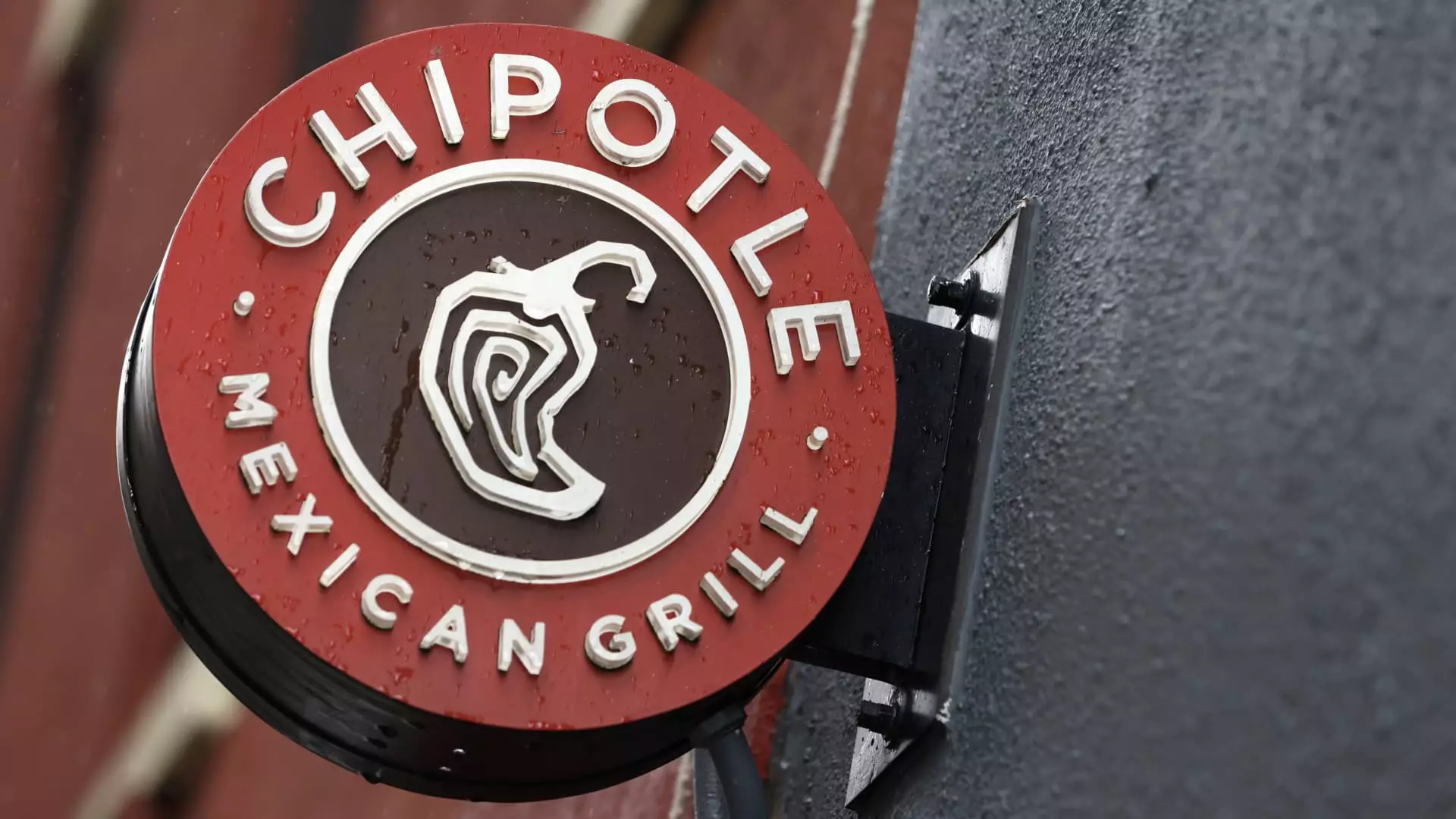The earnings reports of major tech firms and significant market players can wield considerable influence over stock prices and investor sentiment. However, it is crucial to understand that a single quarter’s performance should not dictate the long-term investment strategy toward a particular stock. Investors and analysts must look beyond immediate numbers to evaluate how companies navigate short-term obstacles while executing a long-term vision that yields sustainable growth.
Earnings announcements often grab headlines, but they can represent a distorted view of a company’s broader financial health. While analysts meticulously examine these fiscal results, including earnings per share and revenue growth, the focus should also shift towards the company’s long-term strategies and prospects. The effectiveness of a company’s operations, its ability to innovate, and how swiftly it can adapt to market changes are stark indicators of its long-term viability. Understanding these factors can guide investors away from hasty conclusions based solely on quarterly performance.
One notable example of a company maintaining a robust position in the market is Fiserv (FI), a leader in financial services technology. Fiserv reported impressive Q3 earnings, showcasing a year-on-year adjusted earnings per share increase of 17%, driven by a significant 15% organic revenue growth. Analysts like Ivan Feinseth from Tigress Financial have acknowledged this upward trend, raising the price target for Fiserv stock significantly, reflecting confidence in the company’s ongoing expansion in digital payment solutions.
Feinseth’s analysis reveals that Fiserv’s success is attributed to its deep customer relationships and innovative approach. The firm’s ability to expand into new verticals, enhance its Clover service offerings, and facilitate real-time payments showcases a forward-thinking mindset and adaptability. Such characteristics are essential for companies operating in a rapidly evolving digital landscape, making Fiserv a compelling investment opportunity according to several market analysts.
In contrast to Fiserv’s steady ascent, Boot Barn (BOOT), a retailer that specializes in western and work-related footwear and apparel, recently encountered challenges despite reporting impressive second-quarter results for the fiscal year. The announcement of CEO Jim Conroy’s departure raised concerns among investors, causing a dip in stock value even as the company raised its full-year guidance. Analyst Jonathan Komp from Baird assigned a “buy” rating amidst this discouraging news, illustrating the complexities of market reactions to leadership changes.
Komp expressed his belief that the current stock price provides a compelling risk-reward scenario for potential investors. He emphasized Boot Barn’s strong management team and illustrated growth potential with a strategy to open 60 new stores in fiscal 2025, sustaining annual growth in store count. This expansion plan, coupled with robust comparable store sales across various regions, reinforces analysts’ positive outlook on Boot Barn, illustrating how brief setbacks can hide long-term opportunities for growth.
Chipotle (CMG) offers another intriguing case study in this landscape. The restaurant chain recently reported third-quarter earnings that beat expectations for adjusted earnings but fell short on sales estimates. Despite the disappointing sales metrics, analyst Chris O’Cull from Stifel maintains a “buy” rating, attributing this optimism to the company’s strategic initiatives that focus on enhancing operational efficiency.
According to O’Cull, Chipotle’s ability to improve throughput—the number of orders processed within a given time—is crucial for long-term success. With initiatives aimed at upgrading technology and streamlining processes to boost speed in service, Chipotle is well-positioned to capitalize on its menu innovations, such as the introduction of a smoked brisket offering that has shown promise in attracting clientele. This adaptability showcases the company’s resilience and underscores its potential for sustained growth despite current market challenges.
Ultimately, the cases of Fiserv, Boot Barn, and Chipotle illustrate the multifaceted nature of interpreting financial earnings results. Investors are advised to look beyond fleeting quarterly metrics and instead focus on an array of factors that indicate a company’s overall trajectory. The ability to adapt, innovate, and maintain robust relationships with customers will invariably determine the long-term success of these firms. While quarterly earnings may shape immediate market sentiment, it is the enduring strategies and operational excellence that substantiate a company’s position in the competitive landscape.

